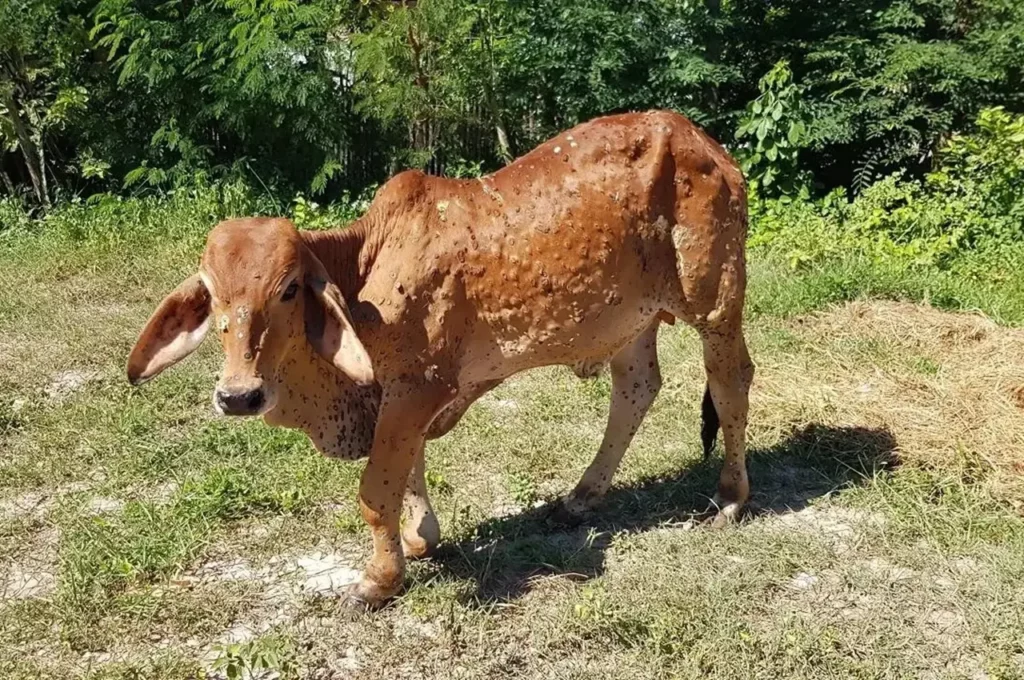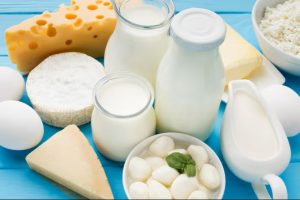
$35 Billion Tamil Nadu Market Signals Next Wave of Organized Production and Exports.
India has firmly established its position as the global leader in milk production, witnessing a robust 63.6% increase from 146.3 million tonnes in 2014-15 to 239.3 million tonnes in 2023-24. This massive output spike has driven the country’s per capita milk availability to 471 grams a day, significantly outpacing the global average of 394 grams. Despite this overall national dominance, the Southern state of Tamil Nadu (TN) is emerging as a critical growth engine, currently ranking 11th in milk production and 4th in cooperative milk procurement nationwide, with annual production rising from 8.75 million tonnes in 2020 to 10.8 million tonnes in 2024.
The organized dairy sector in Tamil Nadu presents a compelling investment case, with the market size, currently estimated at 1,38,070 crore (approximately 16.6 billion USD) in 2024, projected by IMARC to nearly triple to 4,23,700 crore (approximately 51 billion USD) by 2033, indicating a strong CAGR of 12.61%. This trajectory is fueled by the state’s high level of organization; while Uttar Pradesh leads in overall production, TN is distinctive for having over 35% of its market within the organized sector, far exceeding UP’s 10%. Moreover, R.S. Sodhi of the Indian Dairy Association notes that the procurement price paid to the farmer is the highest in TN across India.
Private players in the region are seizing this opportunity to prioritize global reach and value-added products. Hatsun Agro Product Limited, now the country’s largest private dairy, plans to double its exports of products like ice creams to nine countries, including Seychelles and Singapore, growing from Rs 13 crore to Rs 26 crore. Similarly, Milky Mist has exported its products to over 15 countries across the US, West Asia, and Australia between April 2022 and March 2025, while concurrently expanding its domestic retail footprint to 108 exclusive parlors across eight states.
Industry experts emphasize that future growth and market stability require a dual focus on farmer prosperity and consumer trust, alongside infrastructural development. While private dairies face scrutiny over regular price hikes, demonstrating strong demand, long-term success hinges on initiatives like building sustainable organic farm clusters—a process that one company notes can take 7 to 15 years to scale. The regional landscape is becoming highly competitive, with established giants like Amul entering the market and other cooperatives, such as Nandini and the state-run Aavin, actively increasing their cattle feed and farmer outreach programs.
To sustain this momentum, the sector must address specific challenges, including securing consistent government support for infrastructure (for both cooperative and private ventures) and improving feed conversion ratios to achieve greater milk yield per unit of feed. Education is paramount, requiring substantial effort to train farmers in best practices for farming and feeding. This focus on efficiency and farmer education will be key to unlocking the full potential of India’s increasingly sophisticated and globally oriented dairy industry.
Source: Based on the news coverage titled ‘DAIRY DOMINANCE’ published by The Times of India.
You can now read the most important #news on #eDairyNews #Whatsapp channels!!!
🇮🇳 eDairy News ÍNDIA: https://whatsapp.com/channel/0029VaPidCcGpLHImBQk6x1F

















